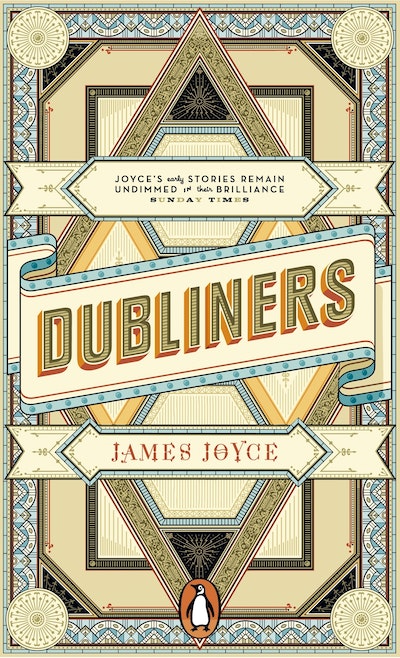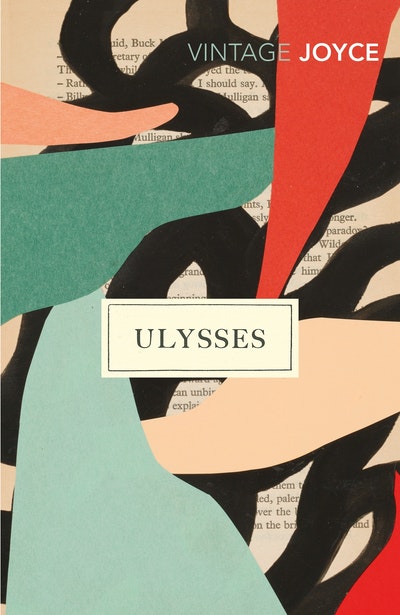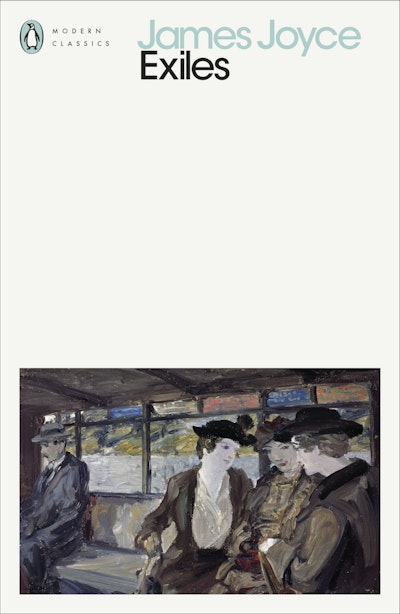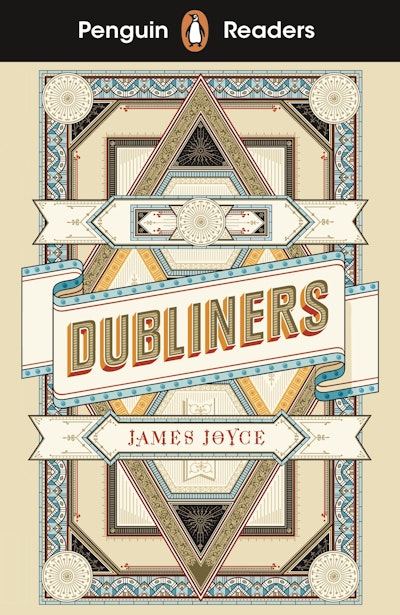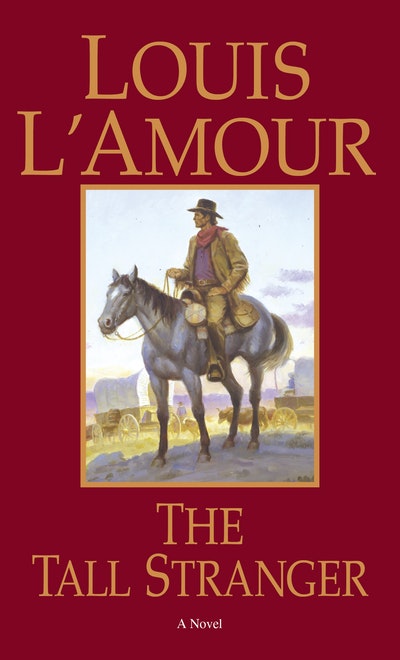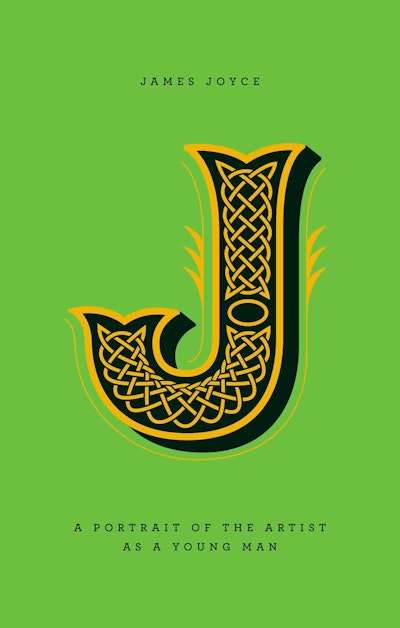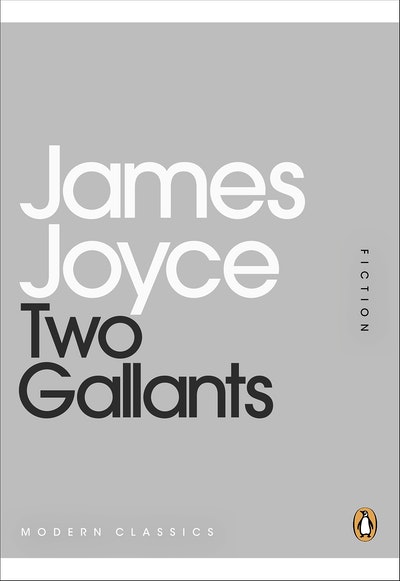[]
Play sample
- Published: 12 June 2012
- ISBN: 9780241956854
- Imprint: Penguin General UK
- Format: Paperback
- Pages: 256
- RRP: $26.00
Dubliners
Formats & editions
Buy from…
- Published: 12 June 2012
- ISBN: 9780241956854
- Imprint: Penguin General UK
- Format: Paperback
- Pages: 256
- RRP: $26.00
Joyce's early stories remain undimmed in their brilliance
Sunday Times
Joyce celebrates the lives of ordinary men and women
Anthony Burgess, Observer
In Joyce's eyes Dublin is the whole world
J.G. Ballard
